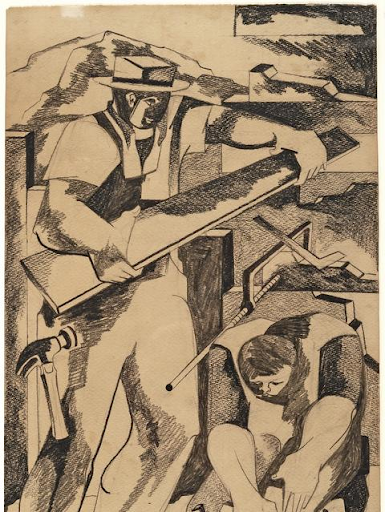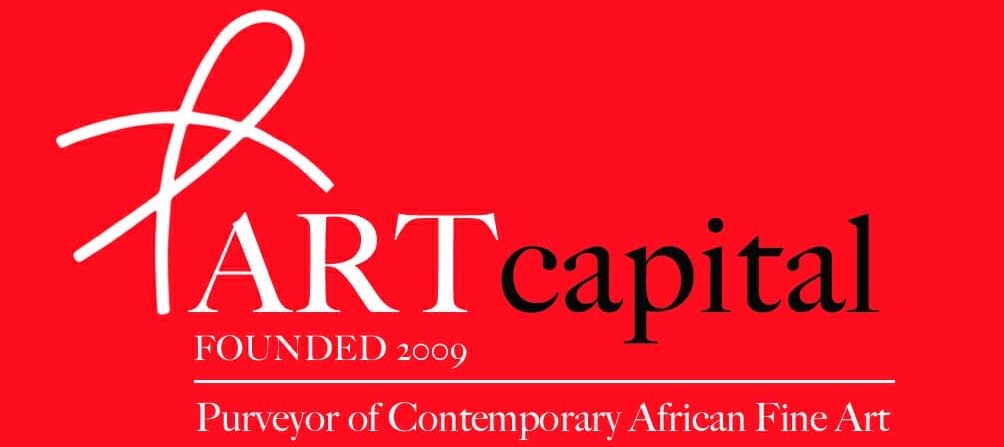[ON “BLACK HISTORY MONTH” (IN THE US) AND AFRICAN AMERICAN STUDIES.]
So there is a general assault on knowledge, but specifically knowledge that interrogates issues of race, sex, gender, and even class.
…….I would just amplify everything you said: the subject of African American studies, even before it was called that, has been not just the condition of Black people but the condition of the country.
And not just narrating that oppression and understanding it, and not just trying to think about ways to move beyond it—to transcend it, to come up with strategies to try to live—but also understanding what’s wrong with this country, with the system.

Now they are sharing their extraordinary collection with a wider audience.
“Memories & Inspiration: The Kerry and C. Betty Davis Collection of African American Art” opens Feb. 4 through May 14 at the Taft Museum of Art.*****]
We’re not just interrogating our lives, we’re interrogating knowledge production itself.
And this is the thing that frustrates me, and I keep reminding people: when we look at what’s being banned, it’s anti-racist literature, not racist literature.
I’ve never seen any book ban against Thomas Jefferson’s “Notes on the State of Virginia,” or John C. Calhoun, or Edmund Ruffin’s “The Political Economy of Slavery,” or Samuel Cartwright, George Fitzhugh, Louis Agassiz.
They wrote straight-up scientific racism that has been discredited.
And yet those books are not being banned.
What’s banned is Toni Morrison.
And I’m not saying that those racist books need to be banned.
We need to read that, we need to know it. But that they are not the books being banned—what does that tell us?

So much of that work, including by W. E. B. Du Bois, what they were trying to do is write texts that both understand and push back against a whole edifice of extraction, oppression, dispossession.
And you would think that anyone who really believes in the American creed, who believes in what the Declaration of Independence says, is going to defend anything that tries to make the nation better—that tries to recognize that, you know, all people are created equal.
But it’s always an uphill battle.

Because we could talk about the actual physical brutality that this country is built on.
But it’s also built on the scholarship or the mythologies that are written in texts and taught in schools at every single level, that keep reproducing the same structure of knowledge.
Black studies is supposed to be an epistemological break, and that’s why it’s dangerous—because it actually wants to try to figure out a way to make this country not racist.
ROBIN D. G. KELLEY.
The full interview is available here: https://www.newyorker.com/culture/q-and-a/the-meaning-of-african-american-studies
